We can never be too cautious when it comes to caring for our aging parents. While many people believe that supportive environments like nursing homes and assisted living facilities are an appropriate way to ensure their elderly loved one receives the assistance they need, studies are beginning to show that this may not be the case. Surveys indicate that a whopping 76% of aging adults would prefer to live out their later years in their own homes.
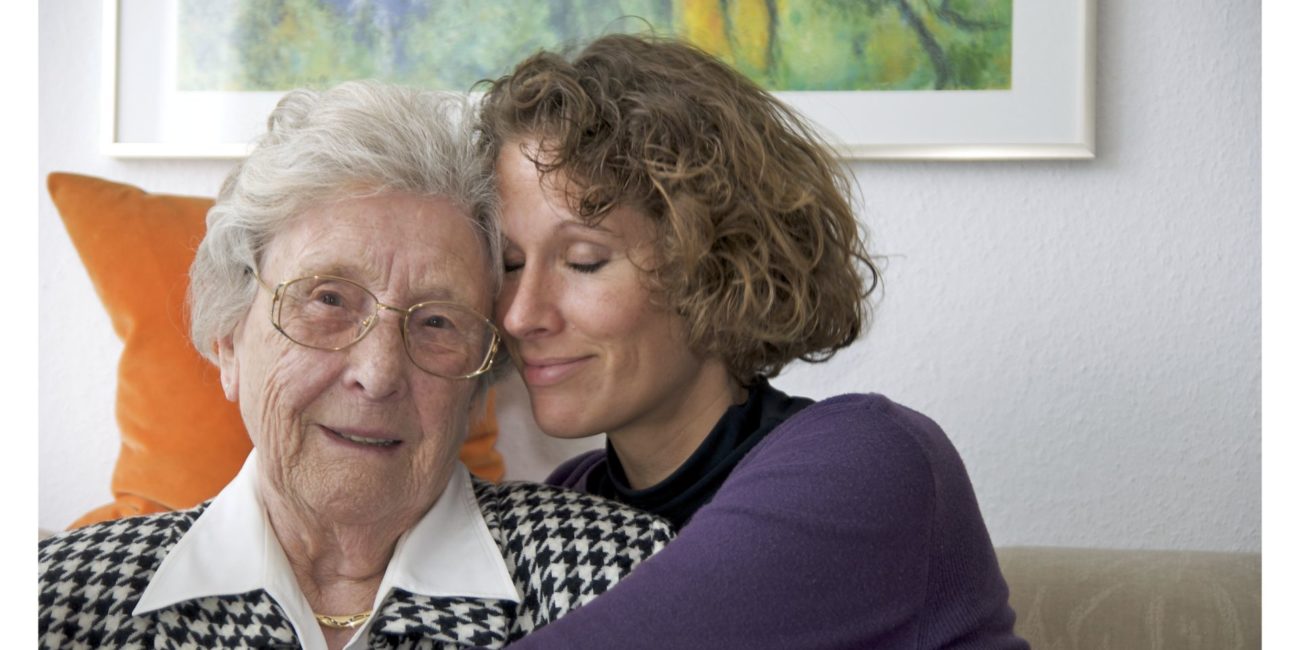
Respecting Boundaries While Having Tough Conversations
While we may always want to respect our loved one’s wishes, it can be hard to get on board with a plan to help them age in place if they are struggling around the house. Many families choose to look at nursing homes and assisted living facilities as a last resort to ensure their parent is well cared for and safe. This move has good intentions, but it may not be necessary. Many older adults can successfully age in place with minimal support from others, provided they can access the right tools and assistance.
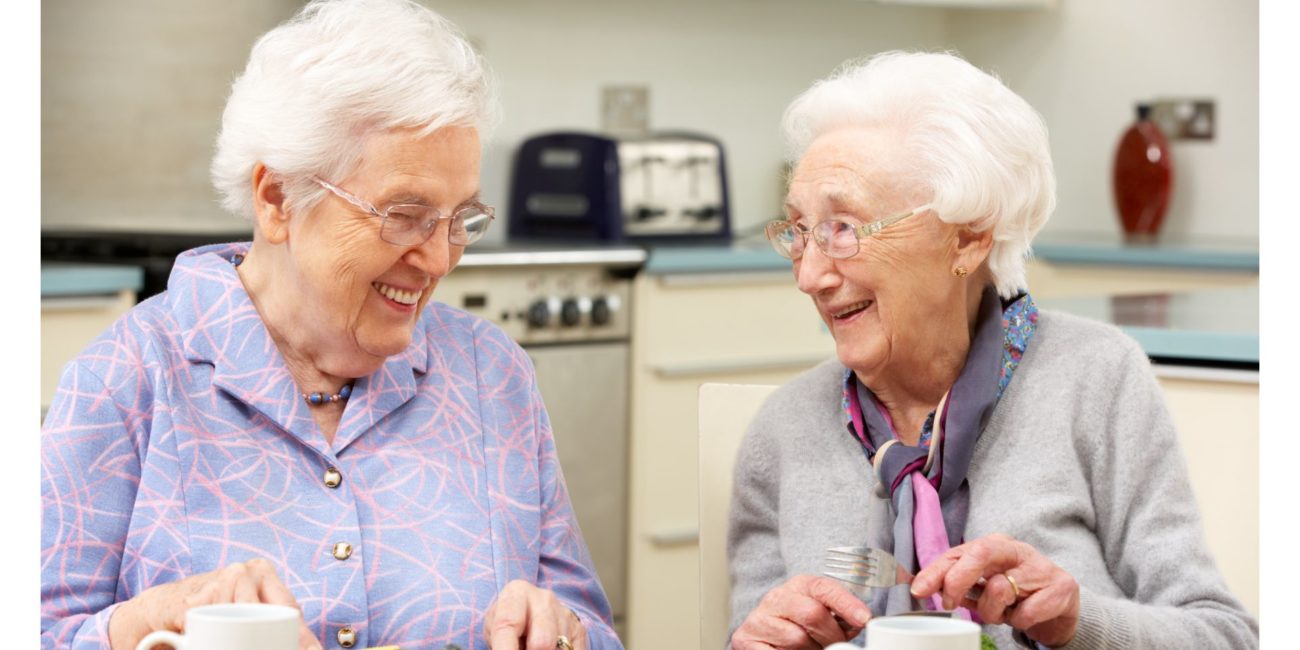
Comfort & Confidence
Dorothy said it perfectly: “there’s no place like home.” Aging in place can help our loved ones feel more comfortable and confident as they face the many tolls aging may take on their body.
- Aging in place allows a loved one to forego the unfamiliar, keeping them comfortable throughout their golden years. They won’t have to adjust to the constant commotion of a nursing home or assisted living facility where new sights, sounds, and smells can be bothersome.
- Older adults who remain in their own homes can receive more consistent care from family members or friends. This eliminates the worry of high staff turnover rates that may take place at nursing homes or assisted living facilities.
- A number of products can assist seniors in staying safe in their own homes. Transfer benches, medical alerts, security poles, and more can help keep your elderly relatives safe and comfortable.
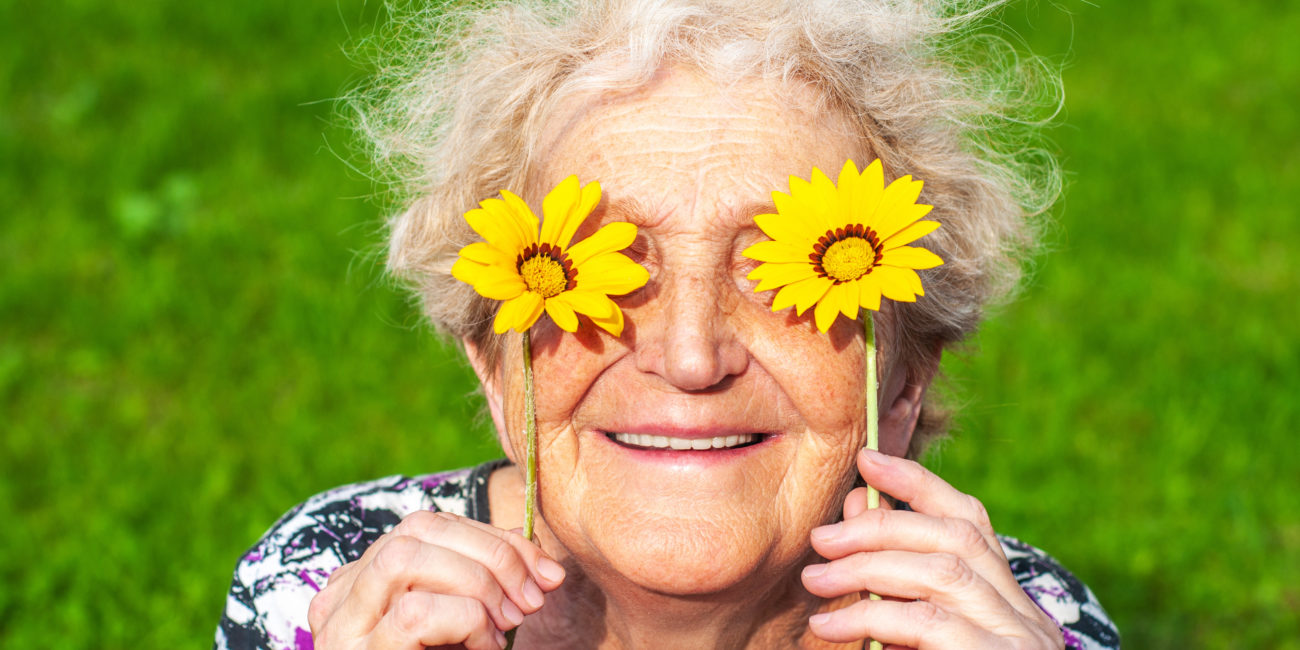
Cognitive & Physical Health Benefits
-
- Aging in place can help a loved one stay physically active throughout their golden years. Doing chores around the house can provide them with the necessary exercises to extend their lives. Devices like robot vacuums are an easy way to keep the house clean with minimal effort.

- Staying in a familiar environment can help a loved one prevent age-related memory loss by keeping their routine consistent.
- Older adults who age in place can stay connected with their local communities, keeping their social network alive and well. This can help ward off feelings of loneliness and isolation that often plague aging adults.
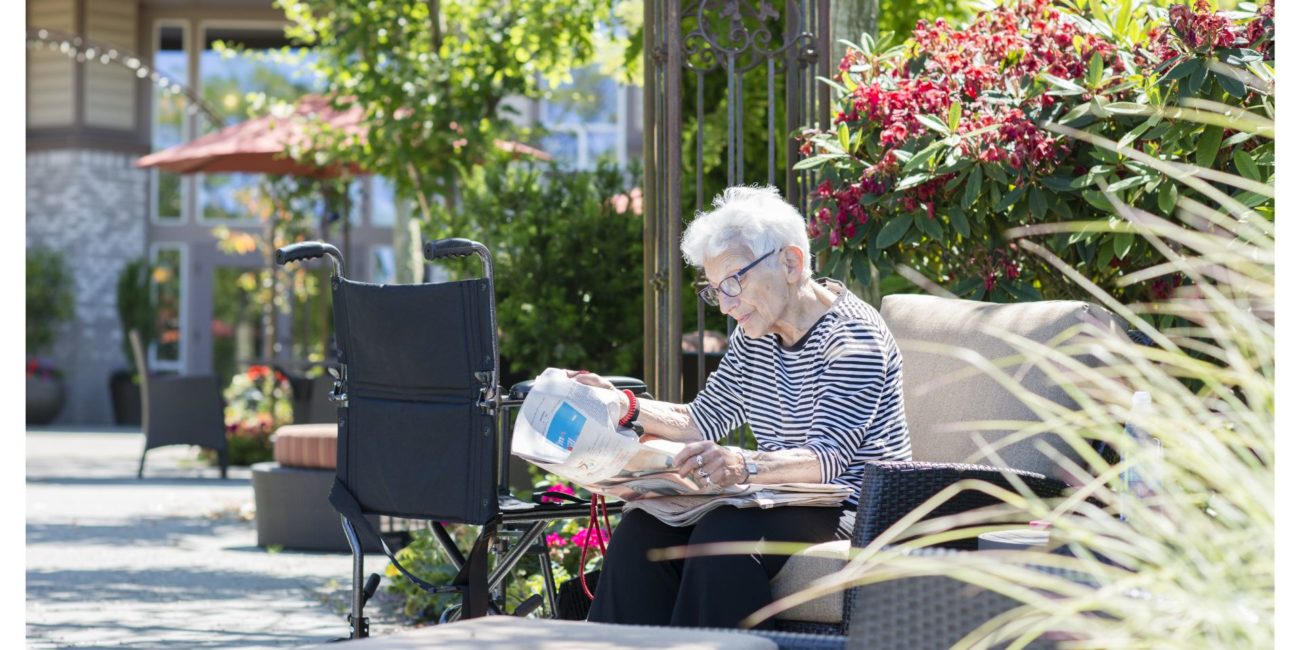
Controlled Environment
Those who age in place are safer from disease and infection. Nursing homes and assisted living facilities have hundreds of staff members, visitors, and residents circulating through them daily. Both these fresh and familiar faces alike pose a new risk for exposure to potentially life-threatening illnesses, as shown by the spread of COVID-19 throughout senior care communities. When older adults can age in the comfort of their own homes, they can battle the spread of disease with a few simple preventative measures.
- Those who remain at home can be selective about the social risks they take. Nursing homes and assisted living facilities may require that residents share rooms or have communal dining/rec areas for residents, forcing them to be in contact with many other people over their day. In contrast, older adults who can age in place can limit their contact with other people considerably by picking and choosing who they invite over or let into their homes.
- Aging in place can be made more comfortable with the help of modern technology. A loved one can choose to limit their direct contact with other people by ordering food and other essential items online. This can help ensure that bacteria, viruses, and other contagions remain outside their home.
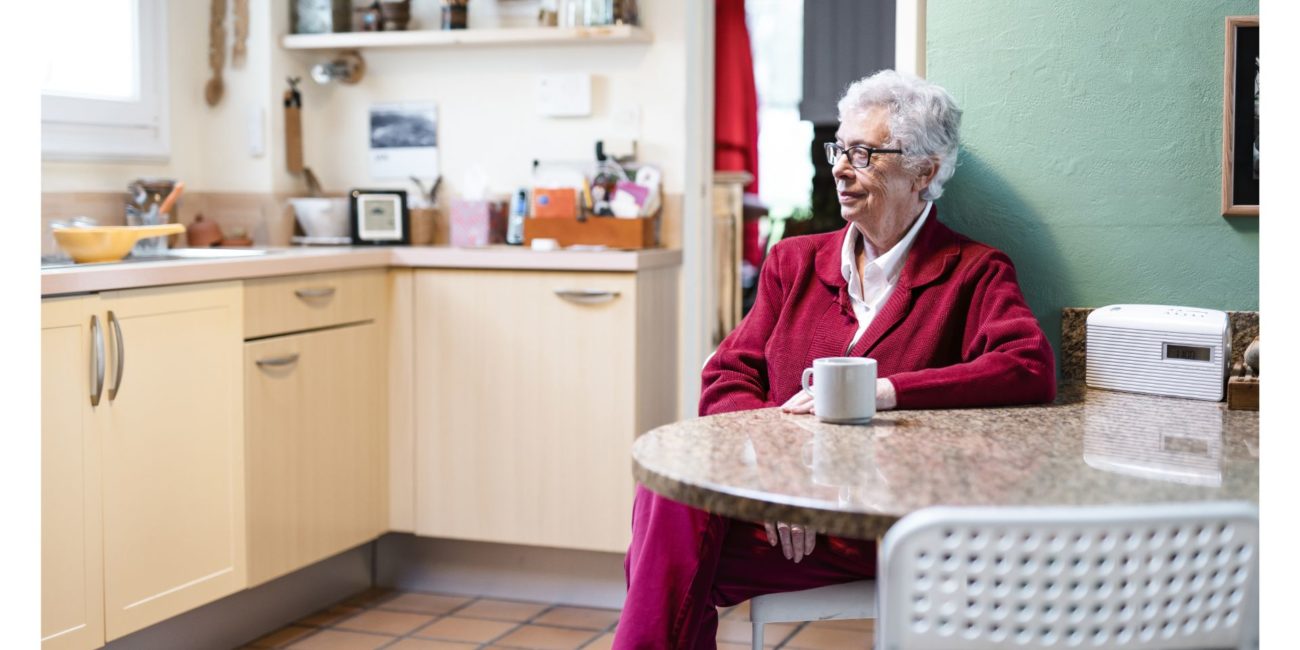
Continued Independence
Aging changes us. As our loved ones grow older, they may realize that their body now has new limitations that didn’t once exist. These changes can often leave older adults feeling frustrated, upset, angry, and even helpless. While these changes are inevitable, their damage can be minimized by providing older adults with the opportunity to take back control of their lives.
- “My home, my rules,” has no age restrictions. Older adults in nursing homes and assisted living facilities may be confined to visiting hours and planned community outings, but those who can remain in their homes can come and go as they please.
- Many obstacles older adults face in the house can be overcome with simple home modifications and assistive devices. Allowing a loved one the opportunity to conquer these challenges can give them a more excellent feeling of choice and agency over their own life. In turn, this can increase their sense of self-worth and self-esteem.



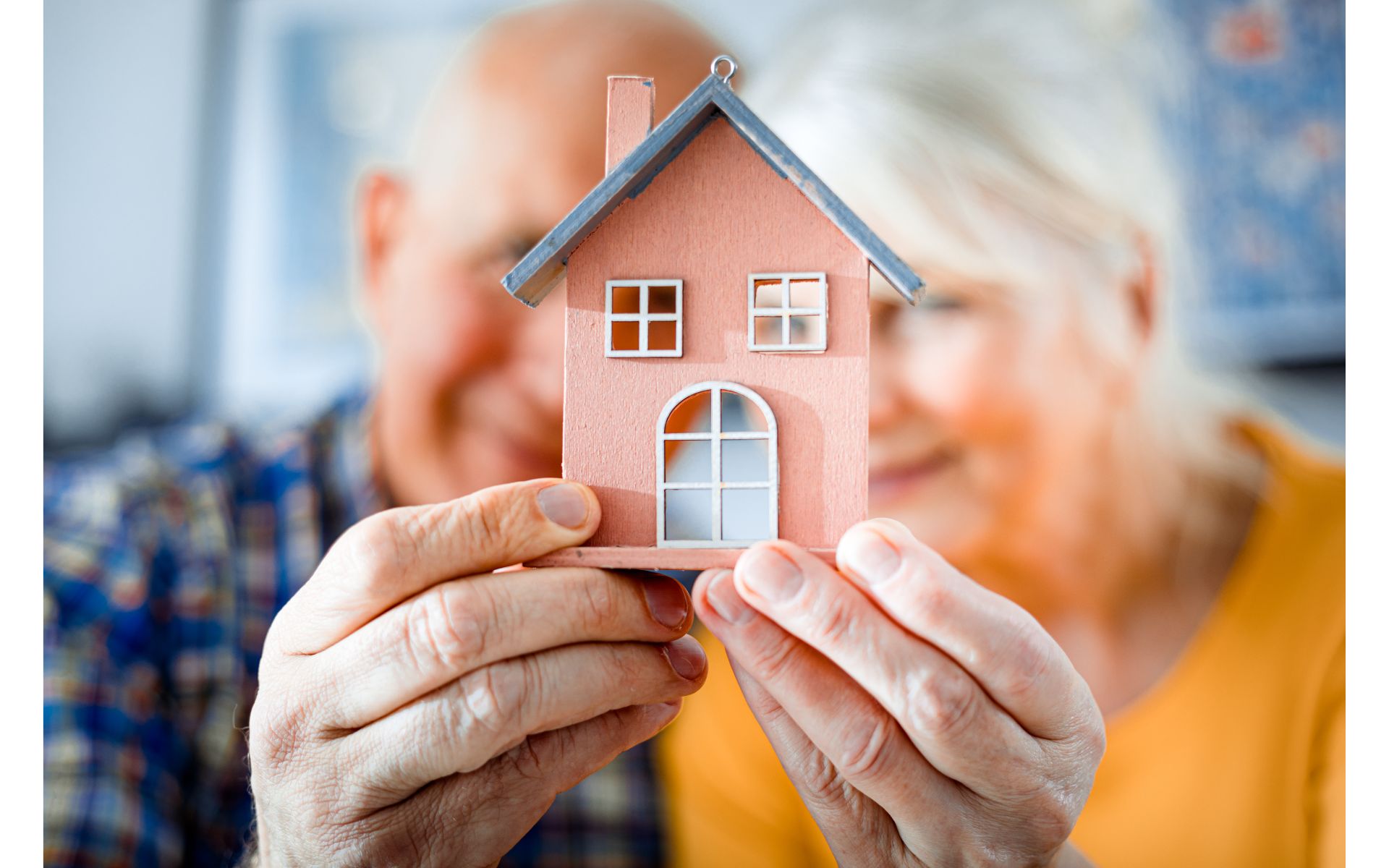

Leave a Reply